Transformed by Postpartum Depression: Podcast Episode #110
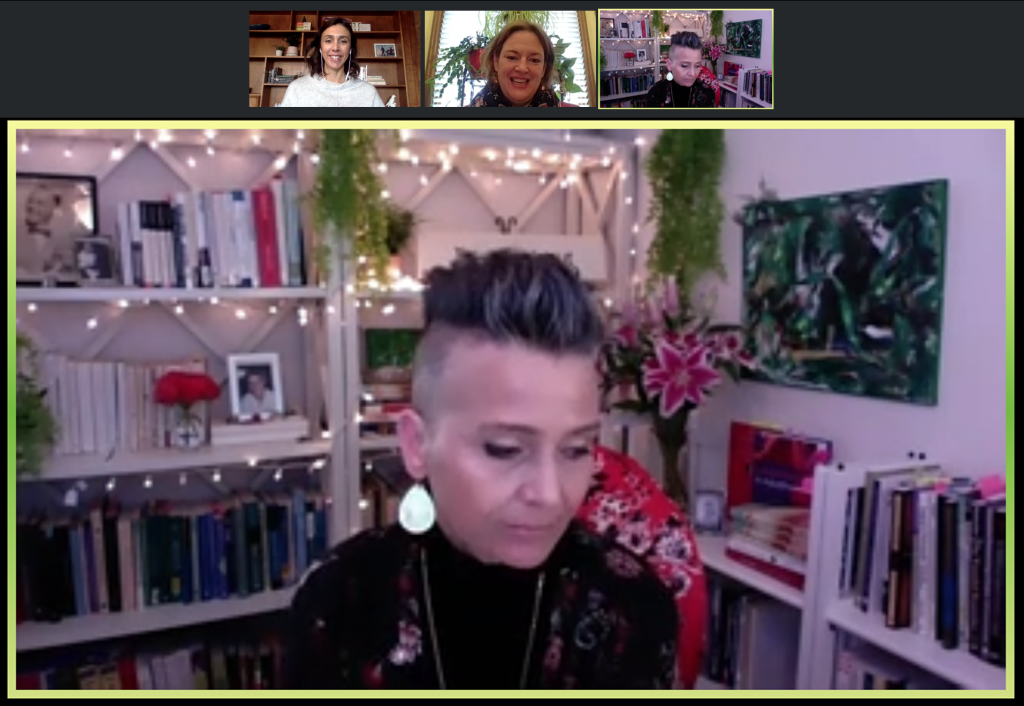
Alyssa: Hi. Welcome to the Ask the Doulas Podcast. My name is Alyssa Veneklase. I am co‑owner of Gold Coast Doulas, and today, I have Jessica Kupres, one of our postpartum doulas, with us, and we are both so excited to talk to Dr. Ladd. She is the author of a book called […]
Adult Separation Anxiety: Podcast Episode #99
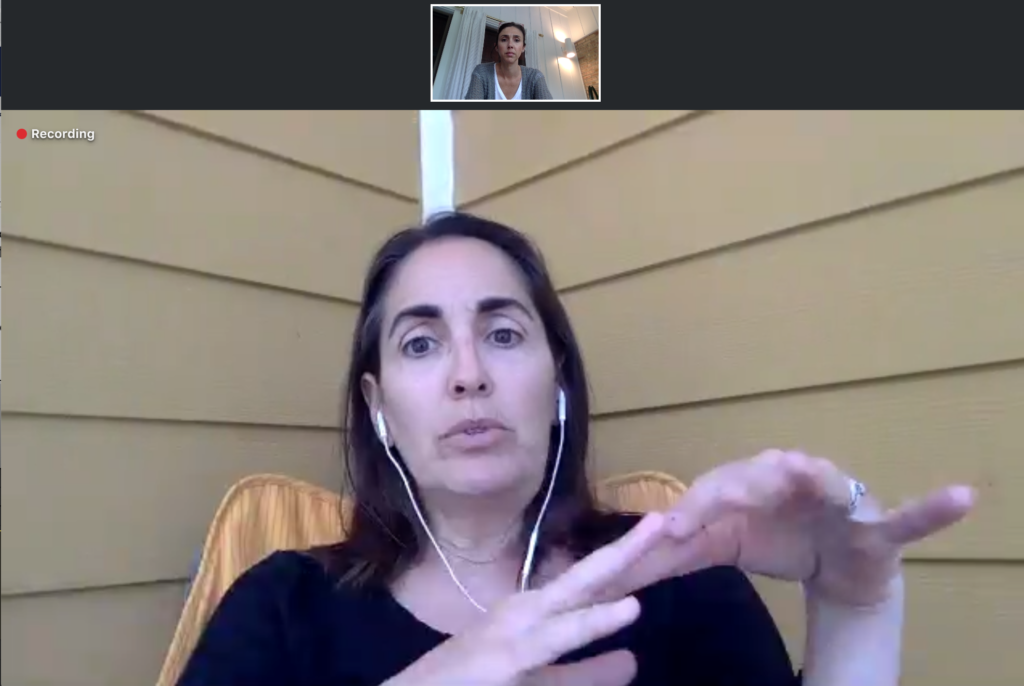
On this episode, Alyssa and Laine begin by talking about parenting anxiety and the distance that parents can sometimes feel as their babies and children grow and seem to need them less. The conversation takes some interesting turns to talk about having clear boundaries for kids, pivoting our expectations of children as they grow, and […]
Parenting and Sleep: Podcast Episode #98
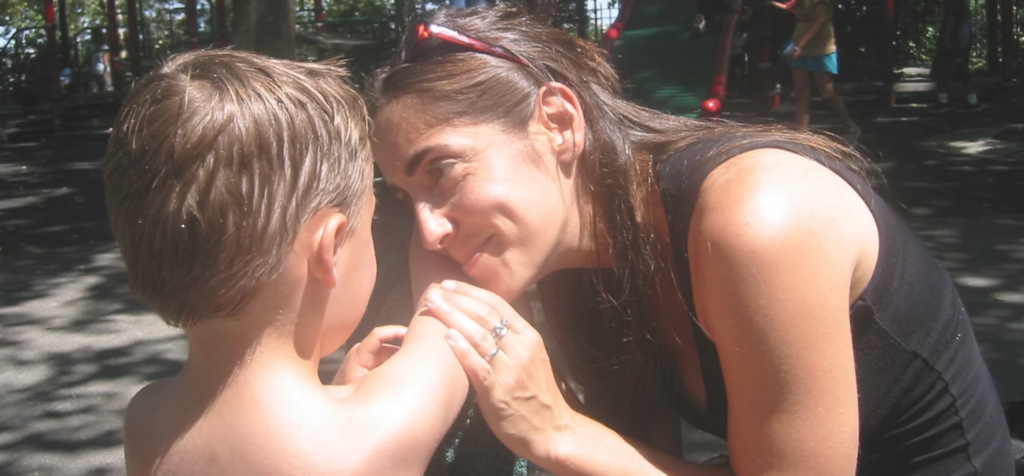
Laine Lipsky, Parenting Coach, talks with Alyssa today about the negative effects of sleep deprivation on children and parents. You can listen to this complete podcast episode on iTunes or SoundCloud. Alyssa: Hello and welcome to the Ask the Doulas Podcast. I am Alyssa Veneklase. I’m excited to be back with Laine Lipsky, parenting coach. […]
Coronavirus Update on Doulas: Podcast Episode #94
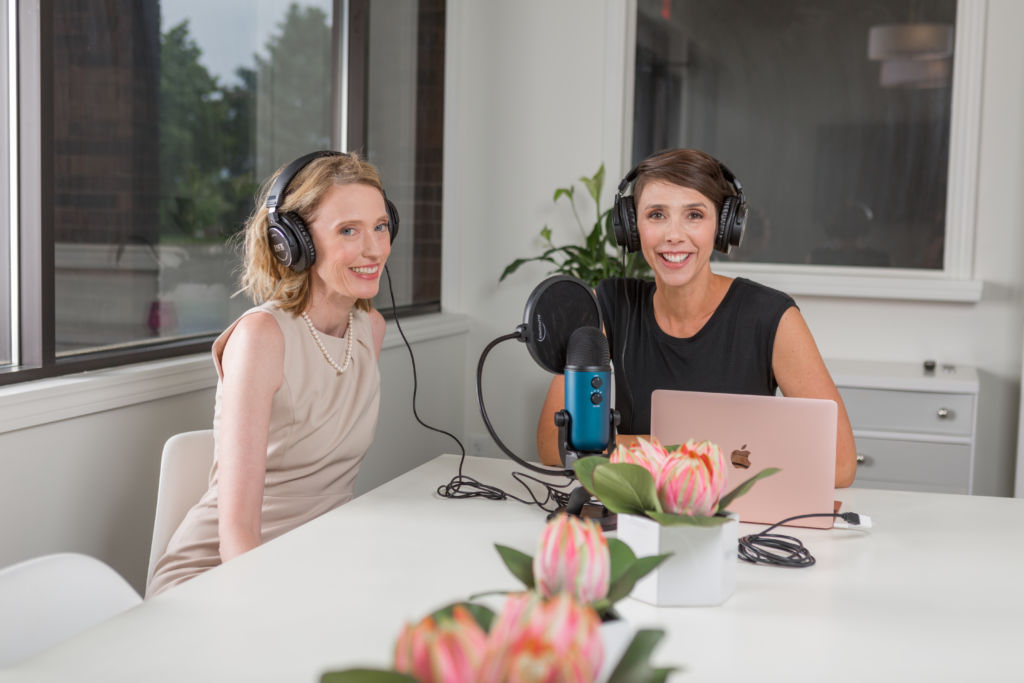
Kristin and Alyssa, Co-Owners of Gold Coast Doulas, give an update on doulas and the coronavirus. How is this affecting birth doulas in the hospital and postpartum doulas in the home? They also talk about virtual classes such as Mama Natural Online to help new parents stay prepared while social distancing. You can listen to […]
Stress Mastery: Podcast Episode #85
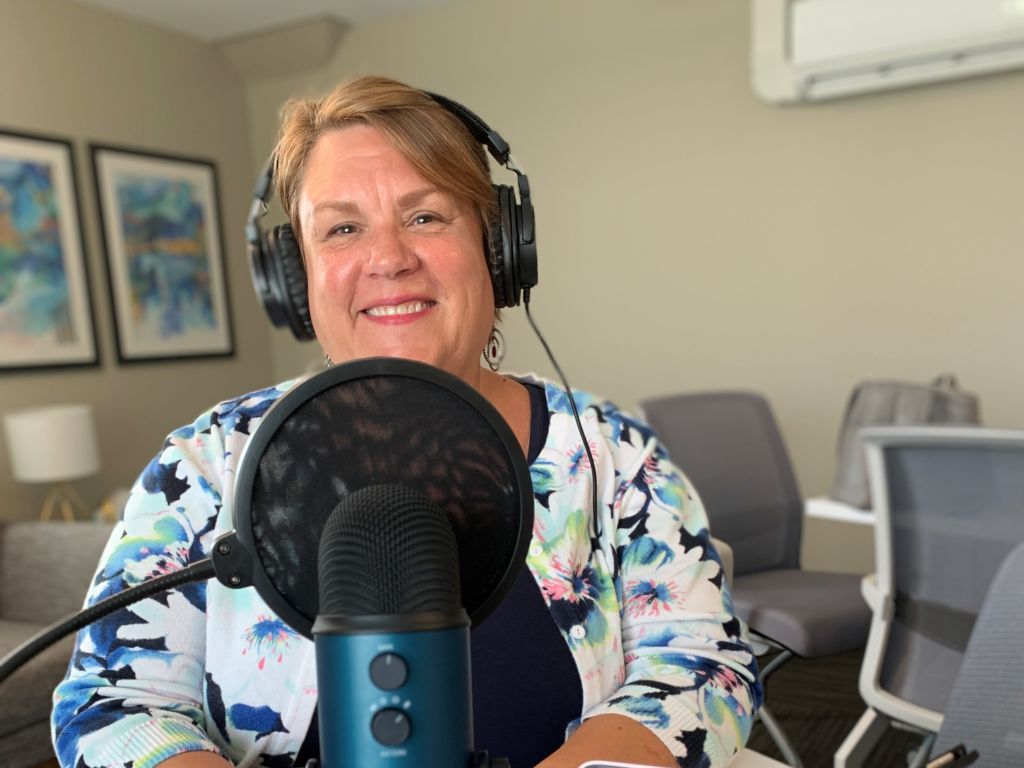
Deb Timmerman, RN, DAIS, CSME speaks with us today about her new certification in Stress Mastery. What does that mean, you ask? It’s all about learning positive ways to handle stress and actually master it, instead of letting stress take over. Listen to see how this can help parents throughout pregnancy and postpartum. You can […]
How Sleep Deprivation Impacts New Parents
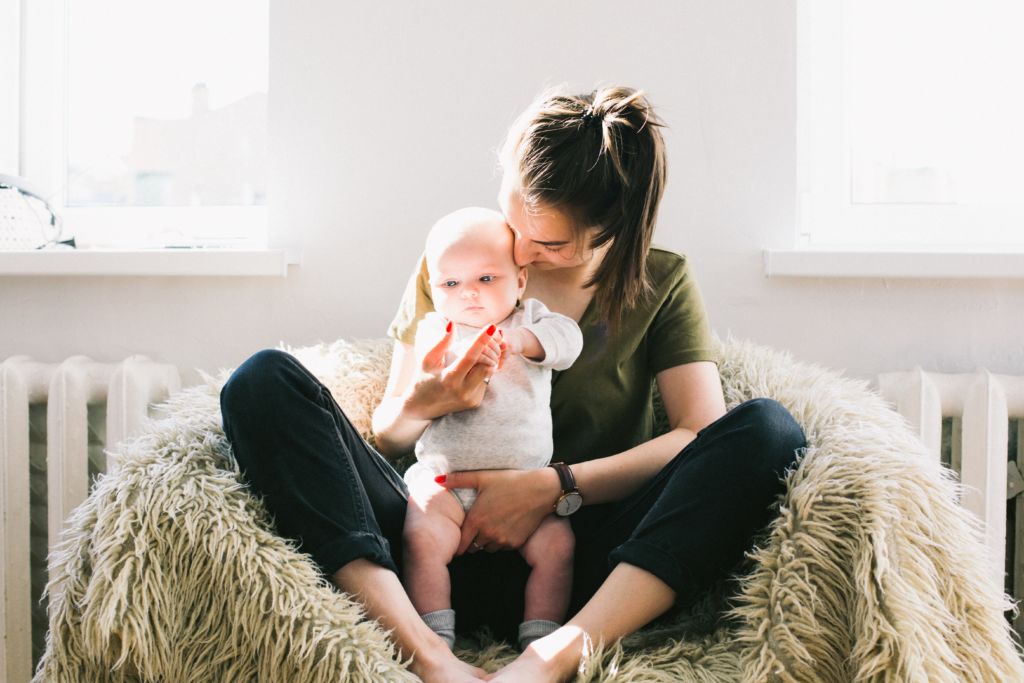
Becoming a parent is one of the most exciting and scary milestones of a person’s life. It’s likely your emotions will run the gamut from excited anticipation and joy, to fear of the unknown and uncertainty about what’s ahead and how you’re coping with parenthood. Managing night time feeds, tending to your baby throughout the […]
Megan’s Sleep Story: Podcast Episode #80
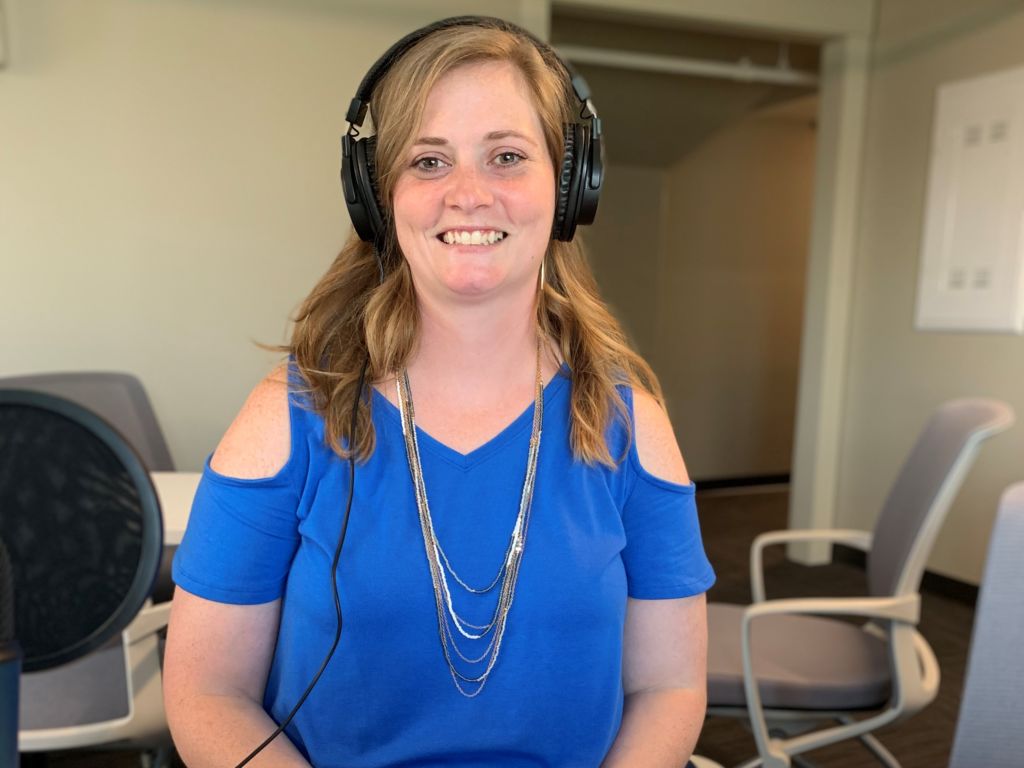
Megan Kretz, one of Alyssa’s sleep clients, tells us about her sleep training journey with her daughter at 9 months and again at 19 months. She says that as a working mom, it meant spending a little less time with her daughter, but that it was all worth it because the quality of the time […]
Podcast Episode #68: Overnight Doula Support
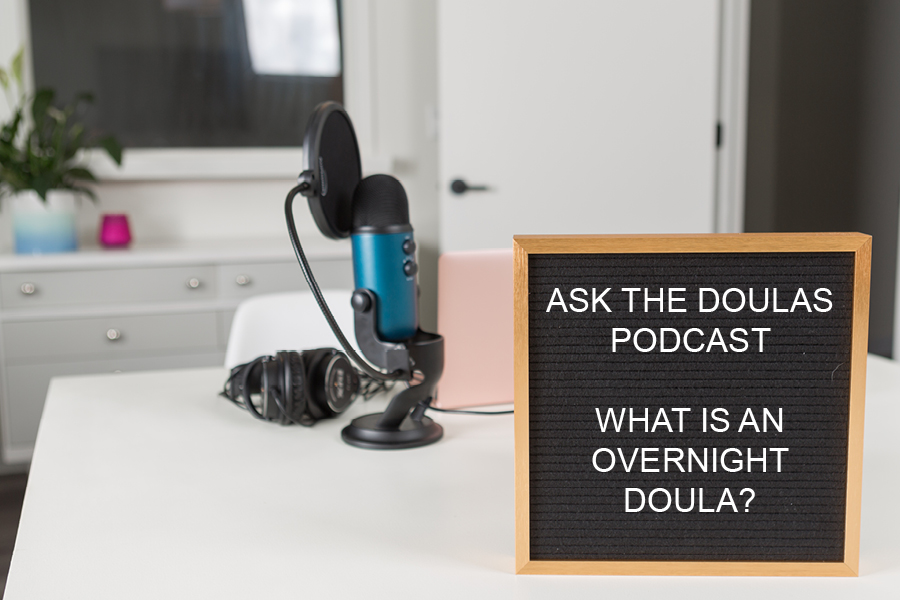
Many of our clients and listeners don’t fully understand what overnight doula support looks like. Kristin and Alyssa, both Certified Postpartum Doulas, discuss the kinds of support their clients look for and how their team of doulas support families in their homes. You can listen to this complete podcast on iTunes or SoundCloud. You can […]
Podcast Episode #61: Postpartum Wellness
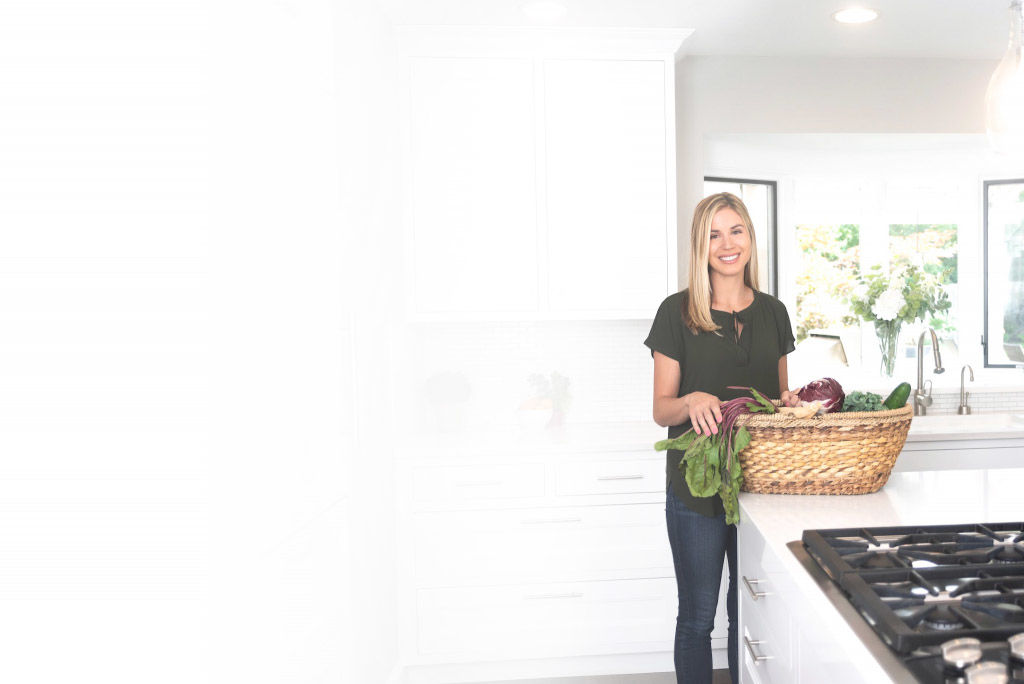
Dr. Erica of Root Functional Medicine gives moms some tips about staying healthy through pregnancy and into the postpartum period. We also talk about her upcoming Postpartum Wellness class on March 7. You can listen to this complete podcast episode on iTunes or SoundCloud. This podcast episode is sponsored by LifeFuel, providing healthy meal delivery […]
Podcast Episode #60: A Naturopath’s Perspective on Pregnancy and Depression
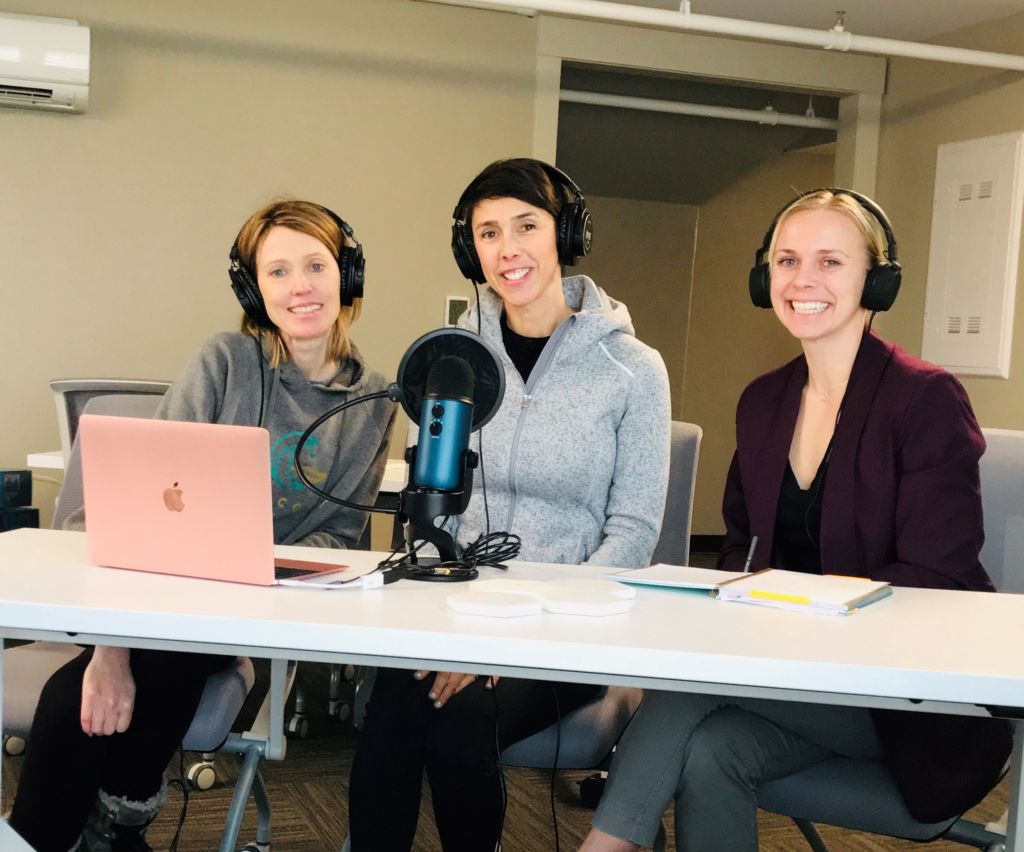
Doctor Janna Hibler, ND talks to Alyssa and Kristin about how a naturopathic doctor treats pregnant and postpartum women, body and mind. You can listen to this complete podcast episode on iTunes and SoundCloud. Alyssa: Hello, welcome to Ask the Doulas podcast. I am Alyssa Veneklase, co-owner of Gold Coast Doulas, and I am here […]
Podcast Episode #19: Lisa’s Postpartum Journey
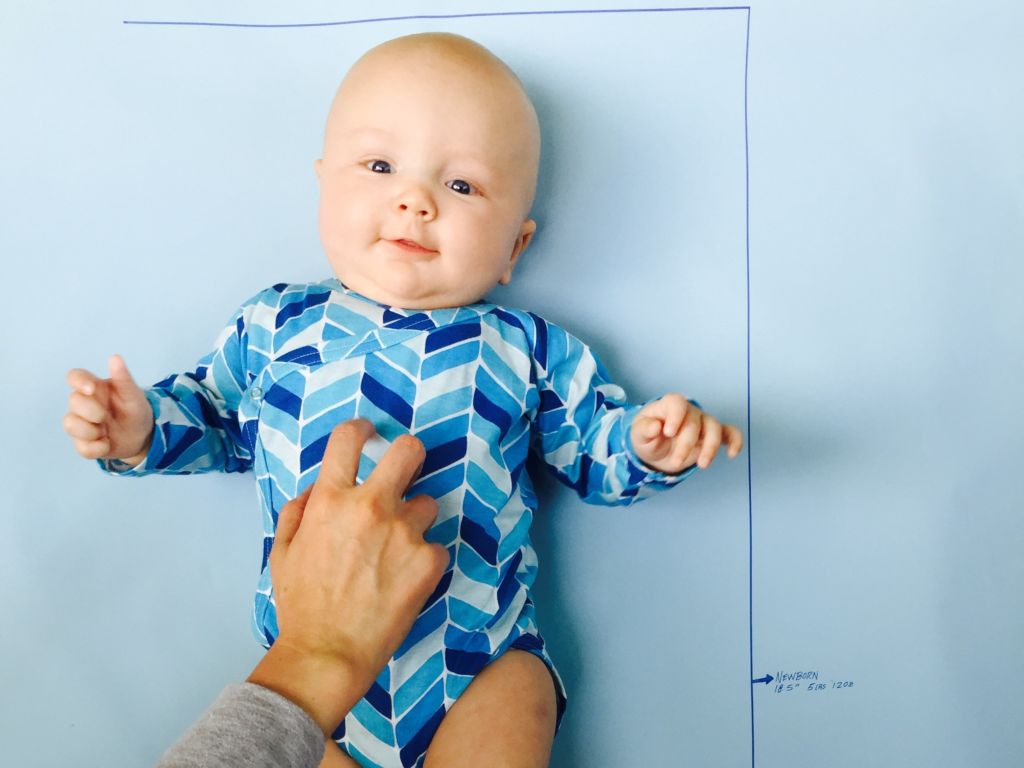
On this episode of Ask the Doulas, Alyssa talks with Lisa about her postpartum doula and how having a doula helped with her recovery. You can listen to the complete podcast on iTunes and SoundCloud. Alyssa: Hi, welcome to another episode of Ask the Doulas with Gold Coast Doulas. I am Alyssa Veneklase. […]
[un]common sense: Buy them what they asked for

[un]common sense is a blog about navigating through everyday life, using some common sense tips to make it just a bit easier, and sometimes a little more fun. Alyssa is a wife, mother, and postpartum doula who has some tricks up her sleeve and wants to share them with the world. Well now, don’t you […]
Dealing with Stress

Today’s blog comes from one of our previous postpartum doulas, Alex. Her nurturing soul shines in this post, giving us her favorite tips for stress management and self-care. Take the time today, and every day, to nurture yourself. It’s no secret that stress is, inevitably, a part of life, and to some degree is healthy […]
